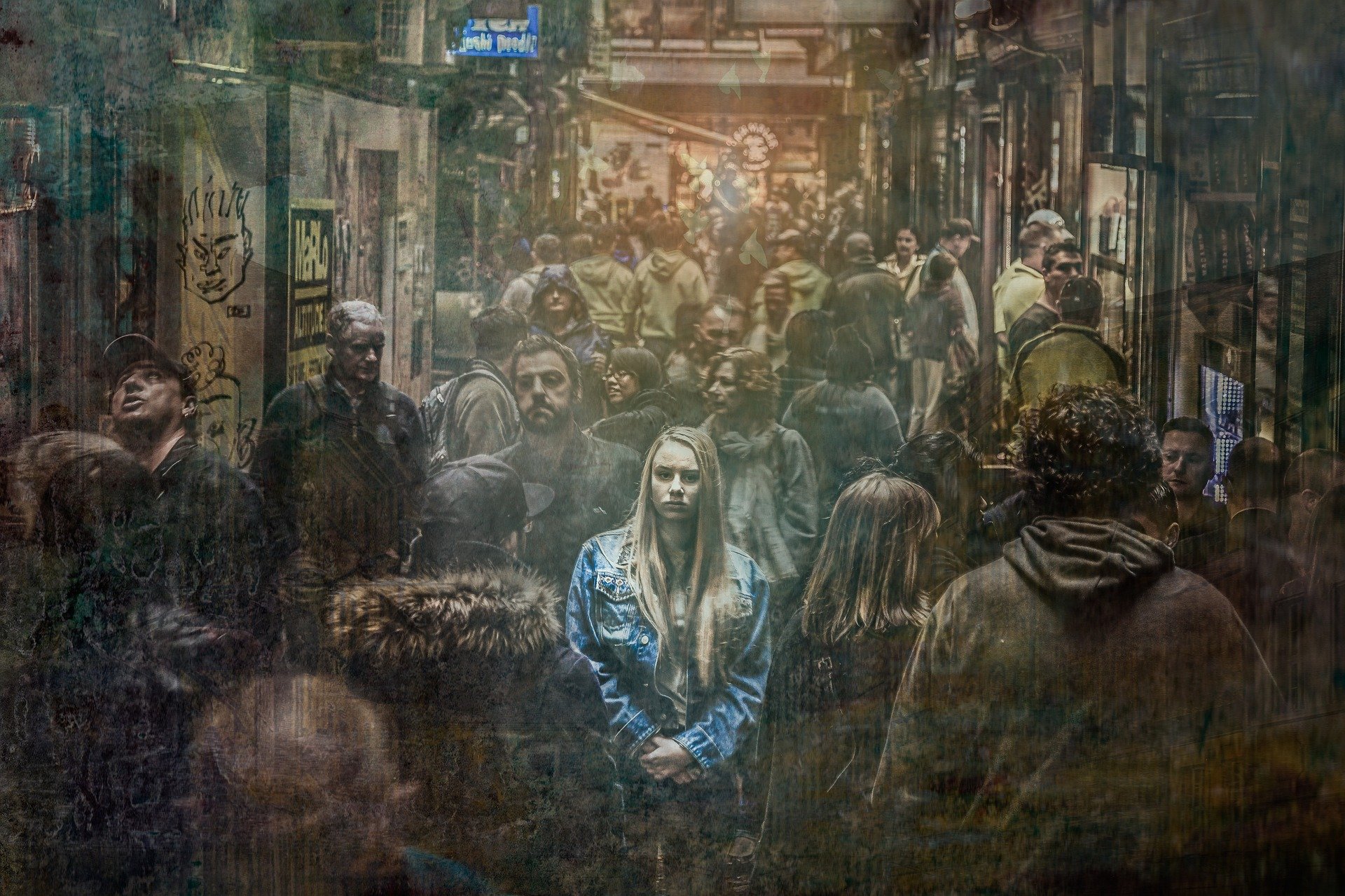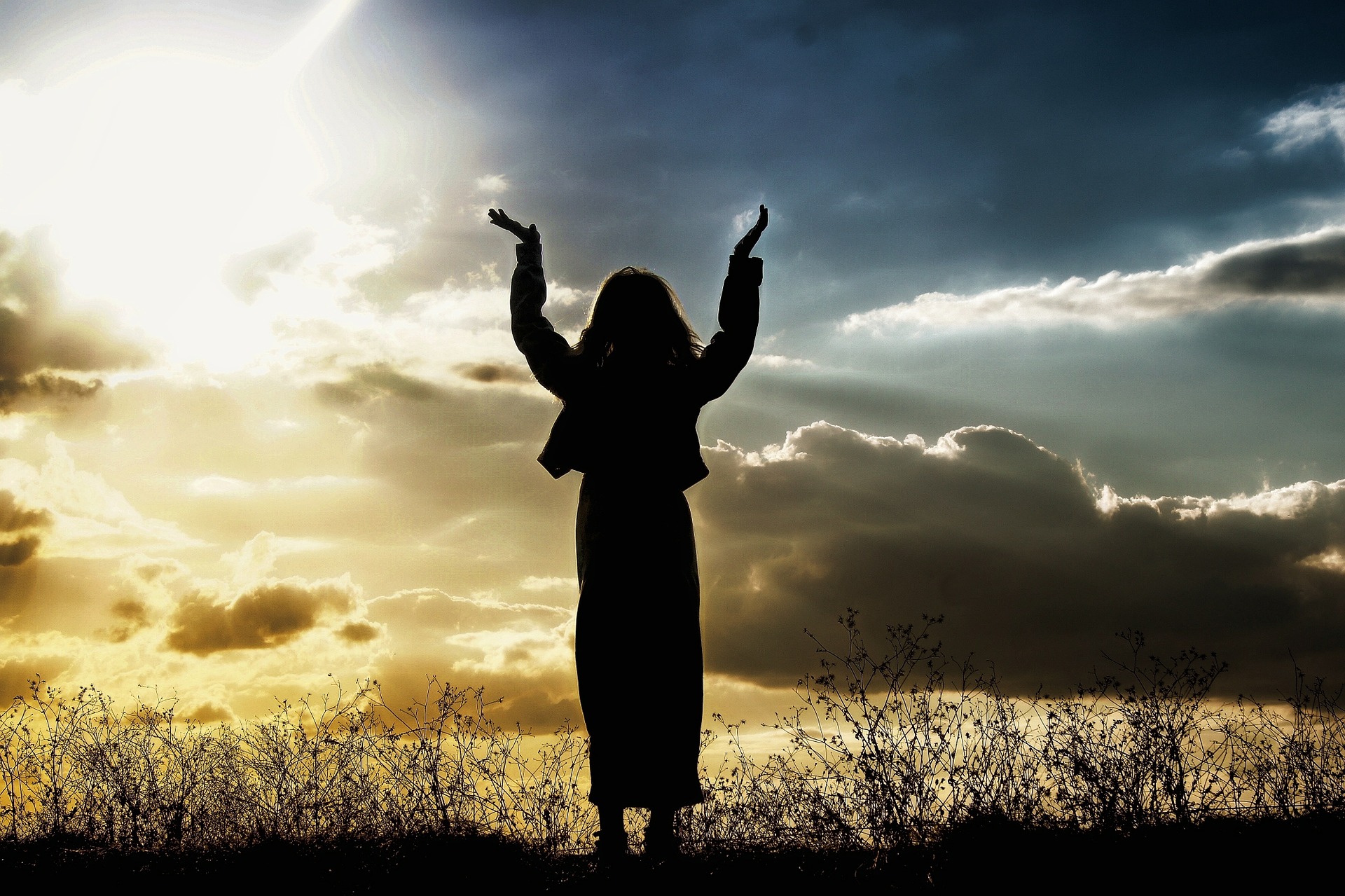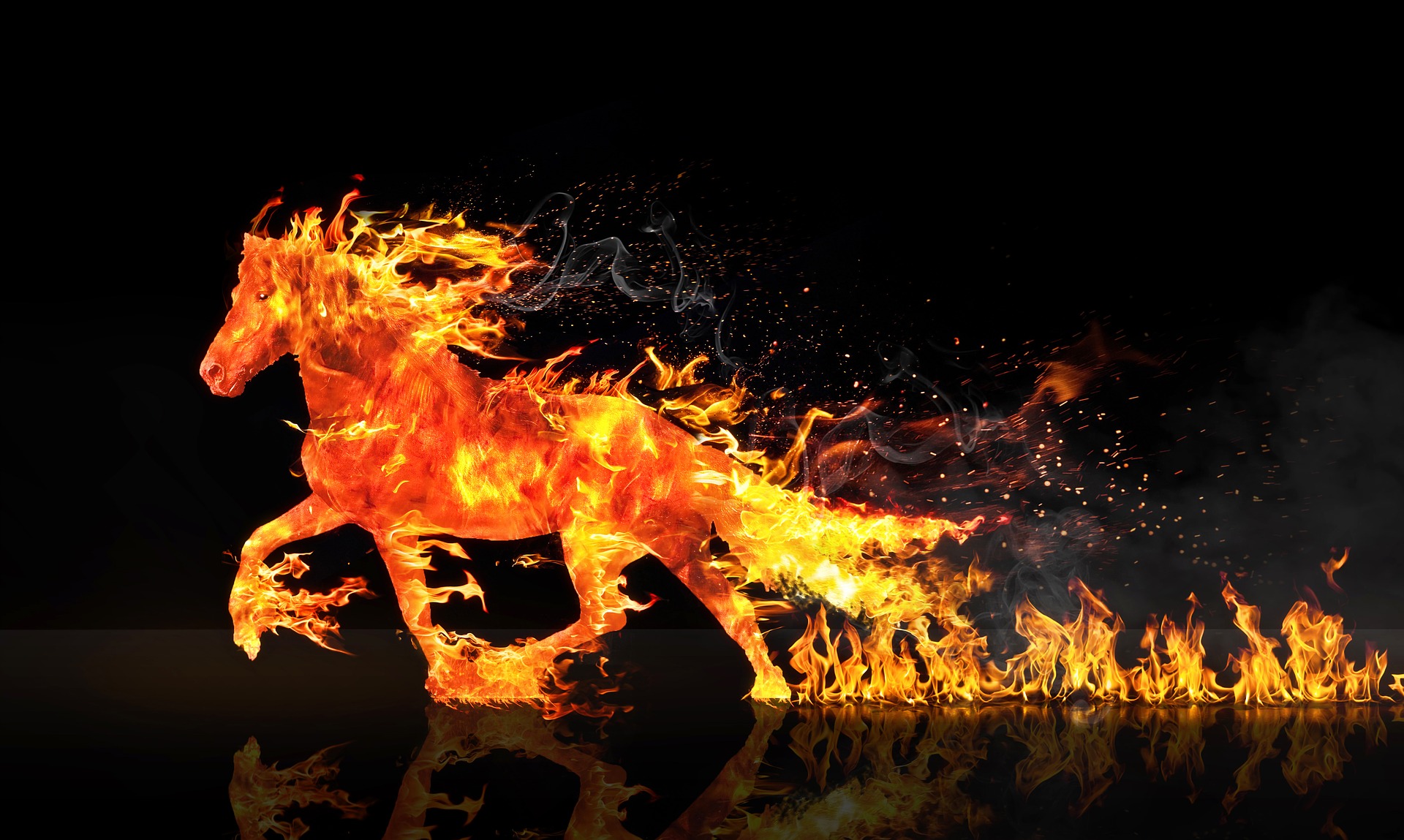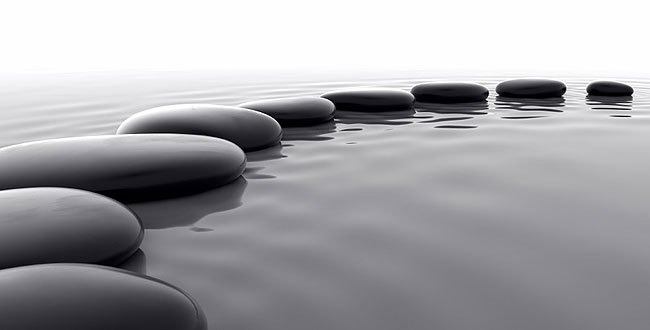You better sit down. I’m going to tell you one of the great secrets of life. There is a way to not be constantly arguing or in a state of dis-ease with others. There is a way to be in the world without feeling like you have to be ready for a battle at any time. It’s the Tao of “OK.” Here is how I learned it.
I had a mother who was always right. Even when she was wrong. There was no arguing with her. So, as a young adult, I began to develop the Tao of “OK.” In Buddhist teachings, the Tao is the path, the way, and I’ve found throughout my life, sometimes it is the only way.
This began when my mother was talking to a relative about two major teenage illnesses I’d had. Mononucleosis and the Hong Kong Flu. She said I had Mono in 12th grade and the Hong Kong Flu in 9th grade. She had it backwards, which I knew because I was the one who was sick and I distinctly remember being teased in 9th grade for having the “kissing disease!” I spoke up and made the correction, but my mother insisted she was right. We went back and forth a few times, then I simply said, “OK.” She didn’t know how to respond to that! She gave me a look that said, I know you still think you’re right, but you’re not, and we both just moved on.
Wow! I understood in that moment that we could both be right in our separate versions of reality! I didn’t have to convince her of anything (nor could I if I tried), and likewise, she let go of convincing me that she was right. It went back to the old adage, “Would you rather be right or happy?” I’d rather be happy – 100% of the time. Admittedly, this was a small thing for us to argue about, but I’ve found throughout my life that the Tao of OK can be applied to many situations.
This is not to say there are times when we absolutely need to voice our opinions, beliefs, and moral stance for the sake of critical discourse and discussion. This is to say that it’s important to know your audience, pick your battles, and put your relationships and peace of mind first. (Admittedly, there’s a chance that just answering with “OK” could infuriate the other party if they’re itching for an argument, but I’ve found that much of the time it works to diffuse minor disagreements.) My husband knows when I say, “OK” it means I still think I’m right, but it’s really not worth feeling discord in the marriage about it! Let’s just move past it. And now he does it too!
It’s difficult in today’s world with social media and texting to always know what is really being said. People feel free to make rude or disparaging comments on social media when we express an opinion they disagree with. Here again, it’s sometimes useful to just say OK and get on with your life. You’re not likely to change their mind, nor are they likely to change yours. The need to be right is always ego-driven, not spirit-driven.
Politics and religion are two areas people tend to not budge on. These arguments can get ugly very quickly, often devolving into personal attack. If someone attacks you or your family personally, by all means, stick up for yourself, but otherwise, is it worth sacrificing your peace of mind to make a point to someone whose beliefs are firmly entrenched? Again, I’d rather be happy and let them go their own way. In philosophy, the best arguments are those that allow for the principle of intellectual humility, understanding that even one’s most cherished beliefs could be better supported or improved. This is not the norm on social media! So pick your battles.
Spiritually, the Tao of OK helps me remain peaceful and loving. I really loved my mom, and she loved me, with all our quirks and differing beliefs. We knew when to back down from each other, let the other person have their own beliefs, and be at peace with that. I use this with my husband and now my grown son. You’ll never agree on absolutely everything with everyone in your life. So why not choose to value your close relationships and value your peace of mind above everything? Utilize the Tao of OK, and let it be. It really is one of the great secrets of life!
Victoria McGee
12/11/2023
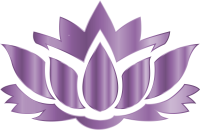

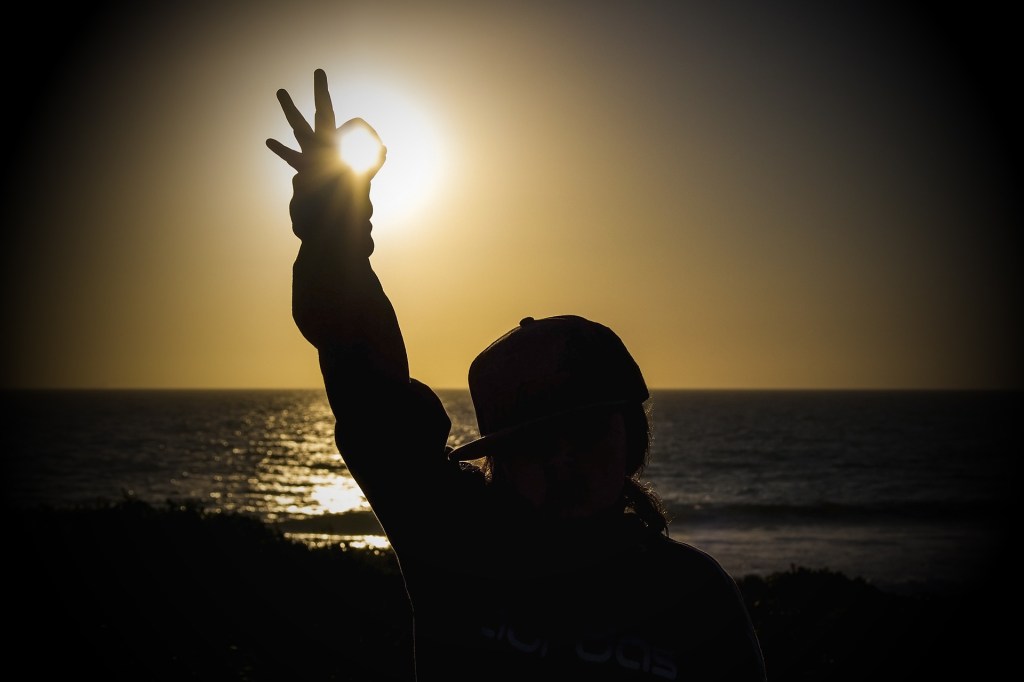

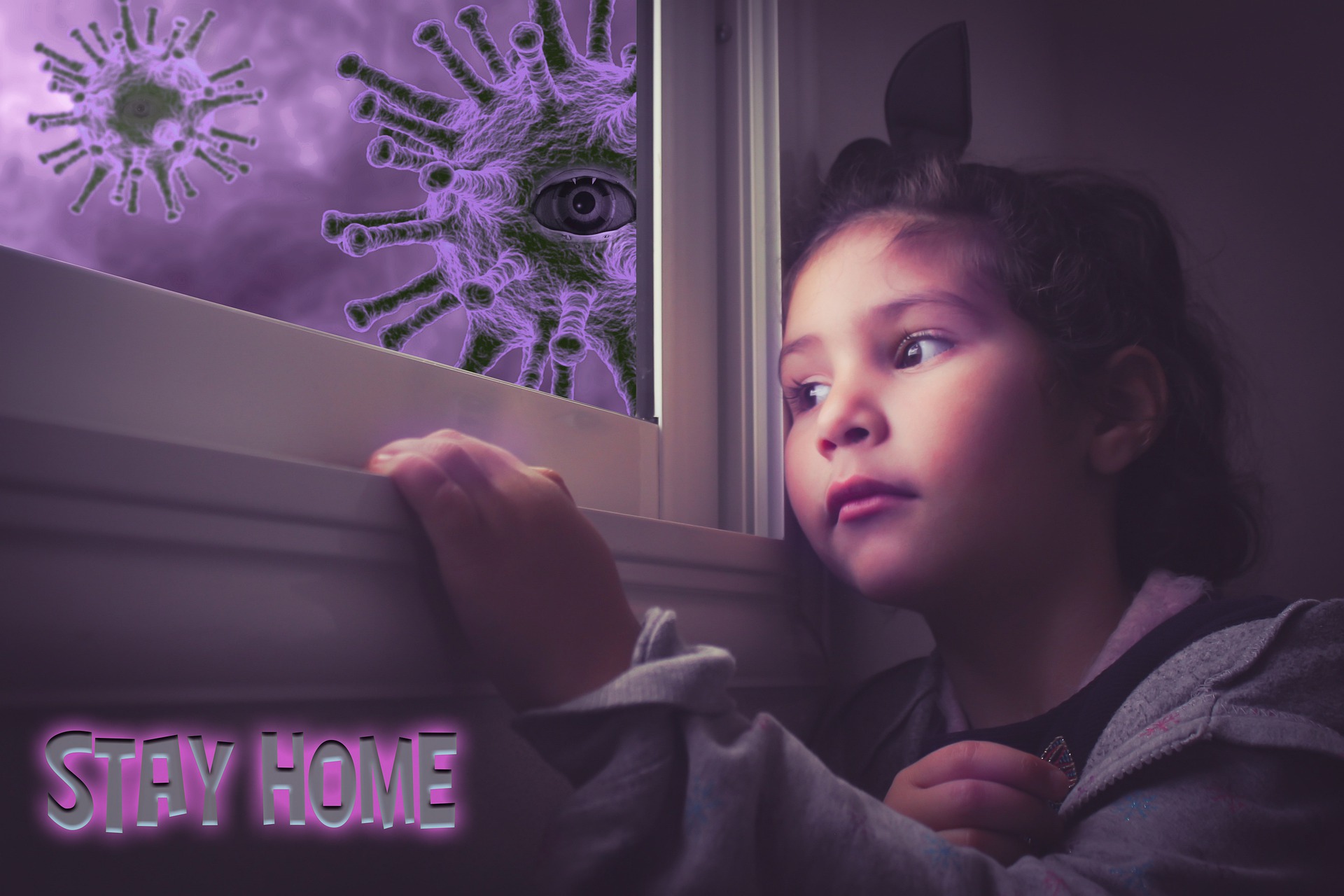
 “The fact is, that we are being breathed.” ~ Jon Kabat-Zinn
“The fact is, that we are being breathed.” ~ Jon Kabat-Zinn 
